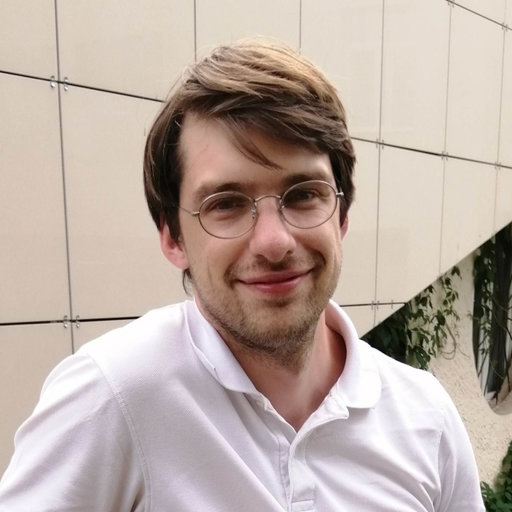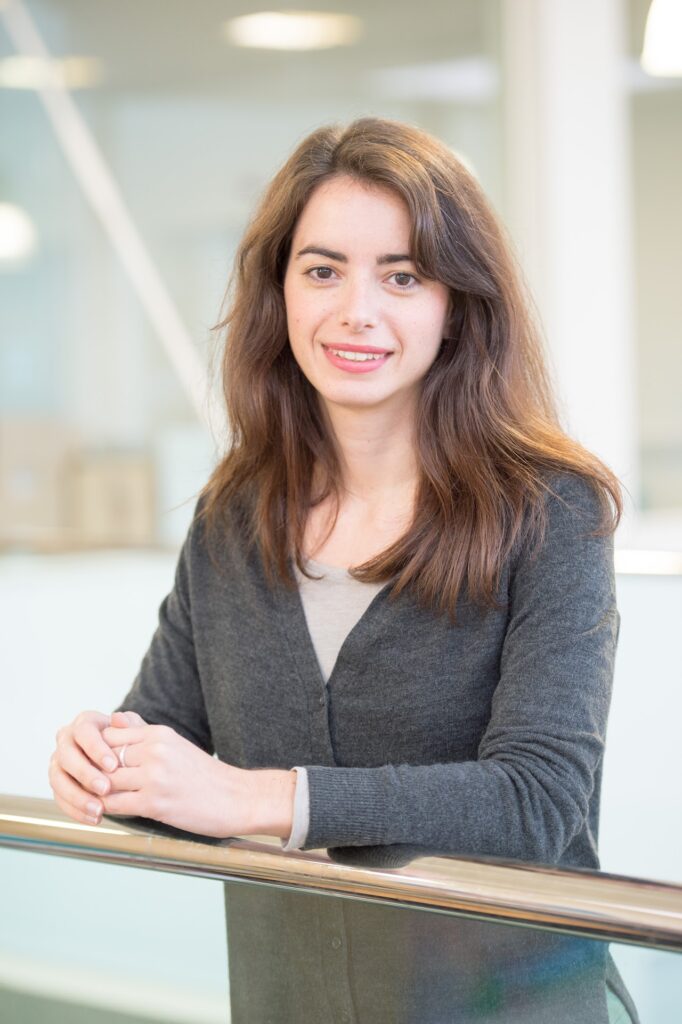The Faculty of Economic and Social Sciences (GTK) of the Budapest University of Technology and Economics (BME) invites applications for two full-time postdoctoral research positions at the Quantitative Social and Management Sciences Research Centre starting in the fall of 2023 at the latest.
Research Fields of interest: Game Theory, Evolutionary Game Theory, Signalling Theory, Reciprocity Theory, Economic Theory, Industrial Organization, Management, Platform Economics, Production Management, Operations Research, Social Choice Theory, Sustainable Development, Energy Economics, Apportionment, Network- and Experimental Economics and other quantitative fields and topics.
Applicants should have a PhD degree before taking up the position. The duration of the postdoctoral positions is three years. During this time, postdocs have the possibility to get involved in the teaching and other activities of the various departments and obtain tenure there: we expect to have 1 or more openings in 2026. We offer favourable conditions regarding research facilities, data access, time devoted to research, travel support, etc. While the position is research only, there will be opportunities to teach at the graduate level.
The Faculty of Economic and Social Sciences is the youngest faculty of the Budapest University of Technology and Economics, comprising various departments and study programmes. BME is a widely-acclaimed institute of technology and the world’s oldest technical university celebrating its 240th academic year.
Application Procedure: Interviews will be conducted virtually 12-15 December 2022. Applications consisting of a motivation letter, CV, 3 referee letters and the job market paper must be submitted online at http://www.econjobmarket.org.
Deadline: The search amongst applicants will start on 15 November 2022 and continues until the positions are filled. For the job market, only applications received no later than 5 December 2022 will be considered. After this date, application packages containing a motivation letter, a CV, the Job Market paper and three reference letters should also be sent to the email below.
Further information: Questions, but not applications, can be sent to egervari.zsuzsanna.@gtk.bme.hu.







